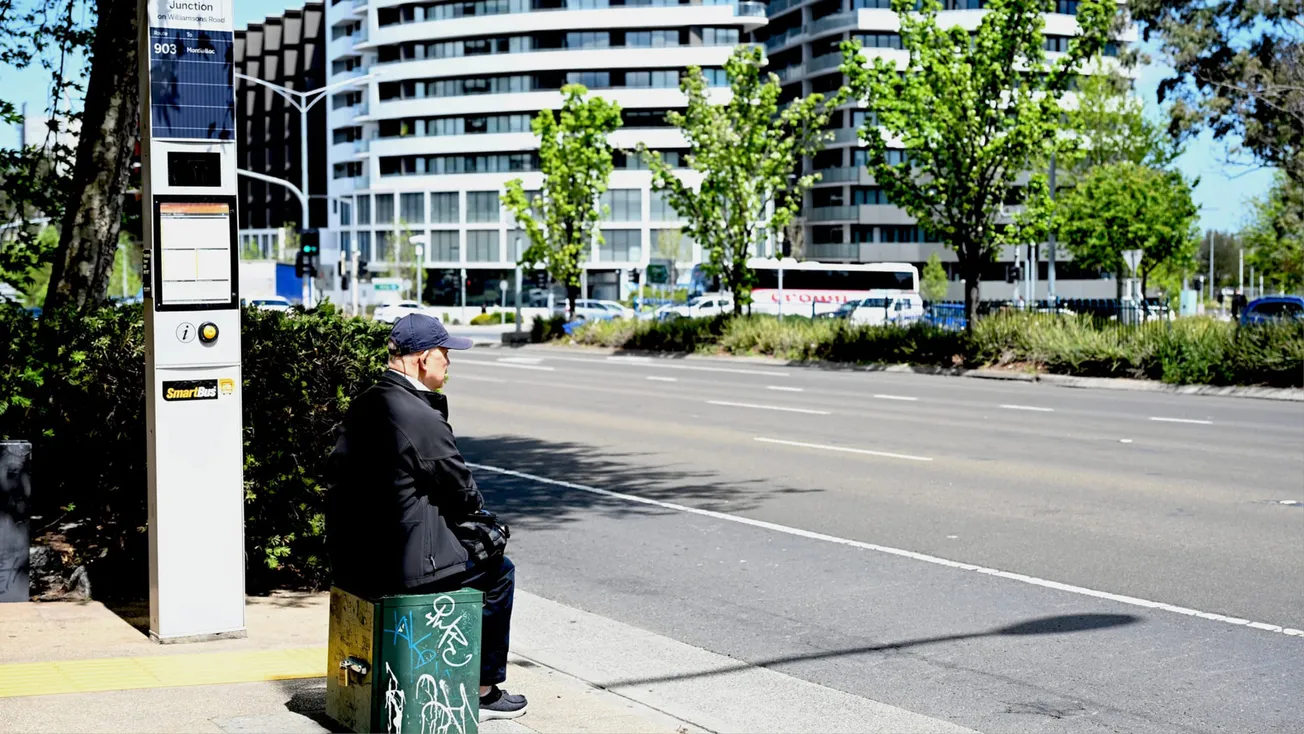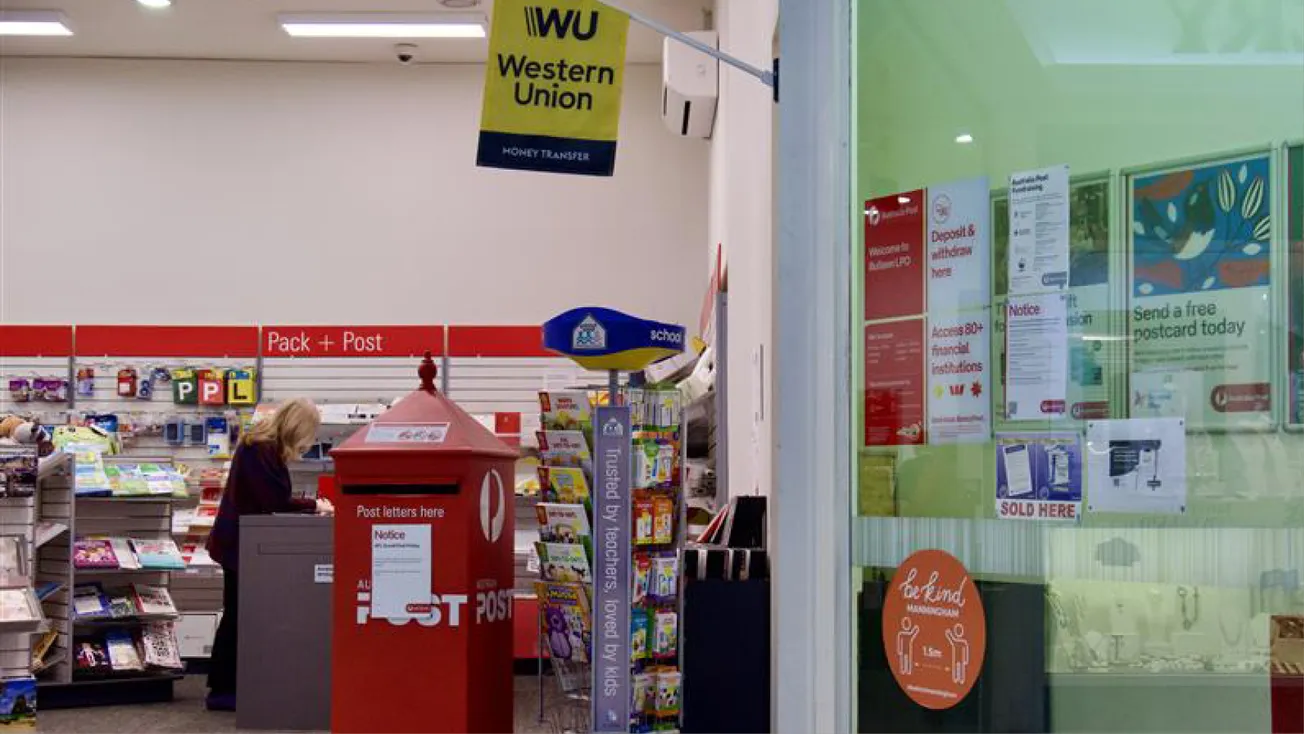Table of Contents
A t 8:30 a.m. in Manningham, traffic builds outside a primary school. A mother waves her child goodbye before driving across town to take her 85-year-old father to a medical appointment. Quiet, everyday scenes like this capture the reality for many locals balancing care for both ageing parents and young children — the “sandwich generation.”
They juggle school runs and hospital visits, work calls and medication checks, often sacrificing rest to keep families afloat. The pressure is magnified by demographics: around 28.5 per cent of Manningham residents are aged 60 or over, compared with 22 per cent across Victoria. An older population means growing care needs — and more families stretched in both directions.
“As people live longer, we’re seeing more adults in their 60s caring for parents in their 90s while also helping with grandchildren,” says May, who works in aged care. “It takes a huge toll on time and energy.” The strain is greatest for dual-income households navigating complex systems while holding down full-time jobs. For many, it feels like an endless balancing act between obligation and exhaustion.
Geography adds another layer. Unlike nearby municipalities such as Whitehorse and Banyule, Manningham has neither a public hospital nor a rail line. Residents rely on private cars to reach major health services, making every appointment a logistical challenge. For time-poor families, distance adds cost, fatigue and stress — particularly when multiple trips each week become part of routine life.
For some, daily life resembles a revolving door of responsibilities: school drop-offs, grocery runs, medical appointments, home maintenance, paperwork, and quick check-ins with elderly parents. “There were so many forms and waiting lists,” one local recalls of arranging aged care for her mother. “I remember feeling completely lost.” That sense of confusion and fatigue is common, especially among those new to the care system.
Beyond the practical strain lies the emotional weight. Many carers describe guilt — guilt for not spending enough time with their children, for feeling impatient with ageing parents, or for falling short at work. It’s a constant tug between love and limits. “You feel torn in two directions,” another resident says. “There’s no real break. Someone always needs you.”
Women continue to shoulder most of the unpaid caring work, occupying around seven in ten primary carer roles nationwide. Many step back from paid employment, reducing their superannuation and long-term financial security. The mental load — remembering appointments, medications, and paperwork — often goes unseen. Cultural expectations can heighten the pressure; in many families, caring for elders is considered a moral duty, and asking for help can feel like letting loved ones down.
Despite these challenges, most carers want to help their parents age in place, safely and with dignity in their own home. This includes providing support with meals, transport, cleaning, and personal care. Living comfortably at home depends as much on community and government support as it does on family care.
Australia’s forthcoming Support at Home program, due in late 2025, aims to streamline aged-care services by replacing several existing schemes. It promises simpler access and better coordination, but families remain cautious. Many have already faced long waiting lists and inconsistent communication from providers. Until improvements take effect, carers continue to fill the gaps themselves — often at the expense of their own wellbeing.
Community Support
Local networks and community health providers have long formed the backbone of care in Manningham. Funded through government programs, they help families navigate options, arrange home visits, respite and rehabilitation, and connect with allied-health professionals and counselling. For many residents, these services are what keep daily life functioning.
With more residents seeking home-based care, organisations are managing longer wait times, heavier administrative loads, and the ongoing challenge of attracting skilled staff. Even so, their role remains vital: translating policy into practical help, coordinating services, and troubleshooting delays. Each act of support — a home visit, a meal delivery, or a check-in call — helps older residents remain independent and eases the pressure on their families.
Caring across two generations is a quiet act of endurance — one sustained by love, commitment, and community. Access to help and support makes all the difference — allowing older parents to remain in their homes and helping carers continue providing the care their loved ones need.
Editor’s note: For this article, Celia interviewed May Hassan, Senior Program Manager, Healthy Ageing at Home at HealthAbility, a health and well-being service provider that also advertises in this issue. Included for transparency and in recognition of our local supporters.









